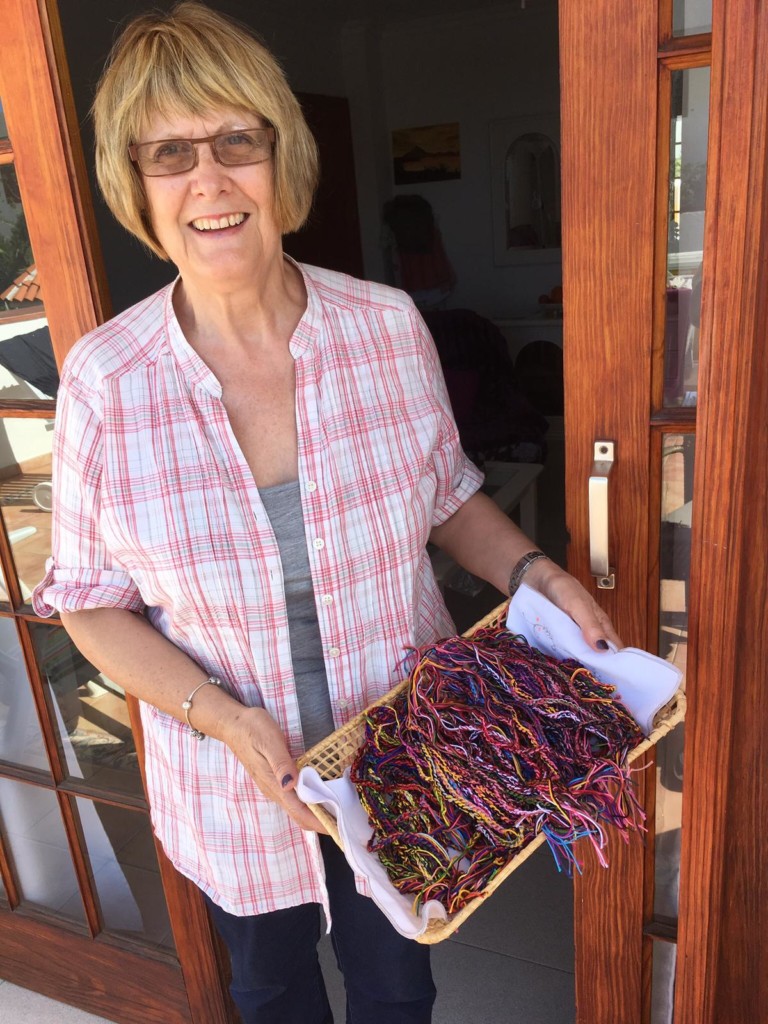Feb 6th is International Day for Zero Tolerance for FGM. The UN has set a target to end Female Genital Mutilation (FGM) by 2030 but with 3 million girls annually at risk, its a mammoth task. The numbers are likely to worsen because of Covid as with schools closed and families in poverty the girls are less protected from FGM and Child marriage.
What is FGM? Female genital mutilation (FGM) comprises all procedures that involve altering or injuring the female genitalia for non-medical reasons and is recognized internationally as a violation of the human rights of girls and women.
The physical complications can be fatal and the severe psychological trauma and physical effects last a lifetime.
The use of a razor blade or crude knife and no anaesthetic make it a terrifying event, almost always perpetrated by a local woman (cutter) and organised by female relatives. In some countries the mutilation may be done by a health professional as a sterile procedure which is safer but is still a violation of girl’s rights, with long term consequences.
Why does it happen? It is estimated that at least 200 million girls alive today have been subjected to FGM and it’s still happening because of traditions and beliefs including the idea that it preserves chastity, family honour, cleanliness and preserves a girl for marriage. It is done to girls between the first year of life and up until adulthood. Once a teenager has had FGM child marriage usually follows with the loss of education and the risks of early pregnancy. There is no religious reason for FGM and it occurs in at least 30 countries of which more than 50% have laws against it.
Where does it happen? The practice is mainly concentrated in a band from the Atlantic coast to the Horn of Africa, in some countries in the Middle East and Asia, as well as among migrants from these areas. FGM is therefore a global concern.
What are Grange Soroptimists doing to help eradicate FGM ?
Soroptimists of Grange -over -Sands and Lancaster provide financial and practical help to Cath Holland, a midwife living in Grange who set up Beyond FGM in Kenya. This charity has a team of Kenyans working in West Pokot who educate not only girls and women, but the village leaders, politicians, traditional birth attendants (many of whom are also cutters) and the local boys about FGM through different courses and for the girls they conclude with an “Alternative Rite of Passage ceremony” with celebrations, dancing and the distribution of bracelets made by Soroptimists. This approach has been most successful in preventing FGM in over 6,000 girls. Courses are continuing in Pokot during the pandemic.


The club have been active on social media for the #16DaysofActivism against gender based violence and for the International Day for Zero Tolerance for FGM using #EndFGM and @GMCEndFGM ( Global Media Campaign.)
The club has supported Soroptimist projects including the International President’s appeal “The Road to Equality” (2019-2021) and the Meru project ( 2016 – 2019) tackling FGM in Kenya, Nigeria, Sierra Leone, Somalia , Gambia and , through direct education and a Global media campaign @GMCEndFGM. Of these countries FGM is illegal in Kenya, Gambia and some Nigerian states but still occurs.
Soroptimists are working in multiple ways to tackle FGM and the words Educate, Empower, Enable are so apt for this mammoth task. Working with other organisations is essential but our own individual vigilance could save a girl from FGM.
See our page on our work against FGM for further information .
To find out more about what Soroptimists throughout the Federation are doing to help eradicate FGM see Club member Isabel’s blog on the SIGBI Website
For further information or if you would like to join our club please CONTACT US

